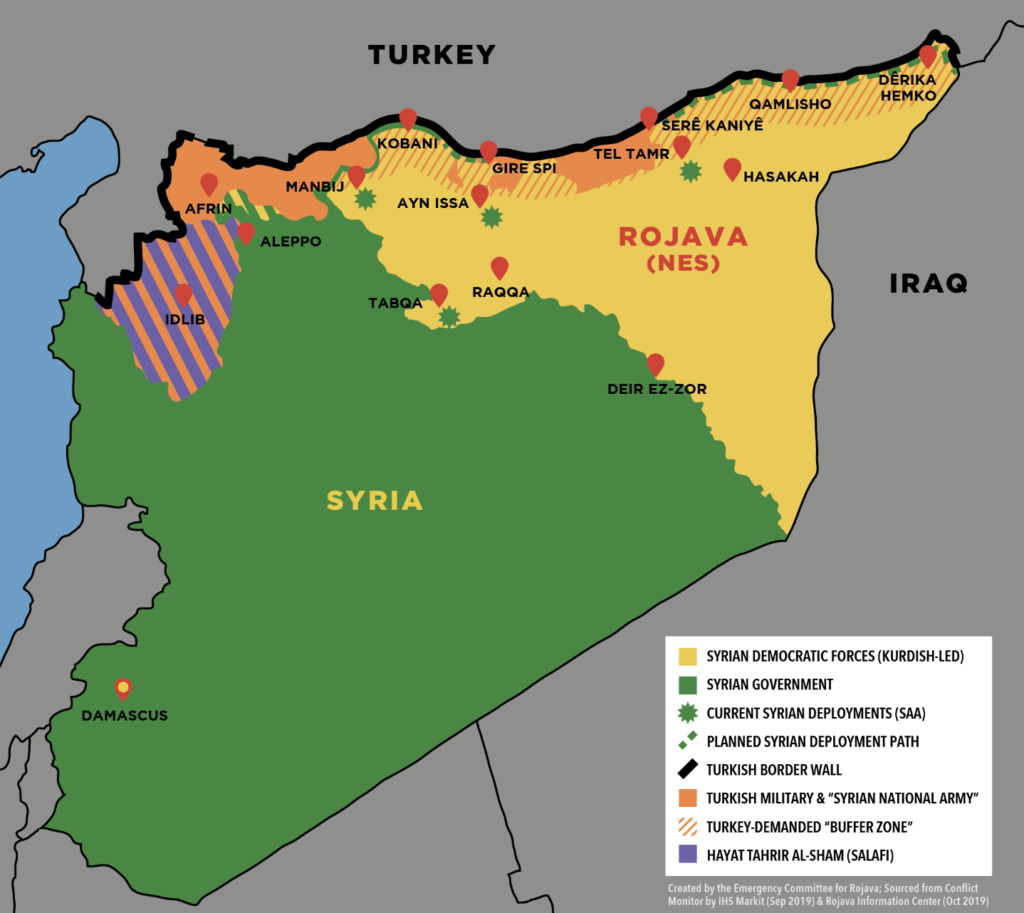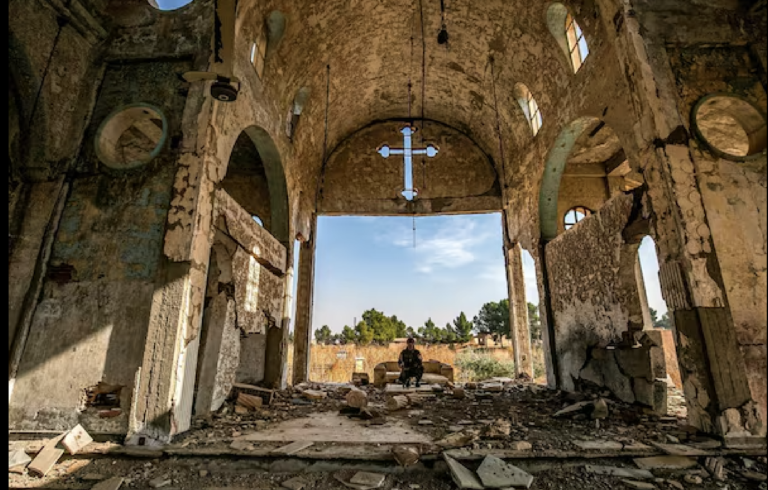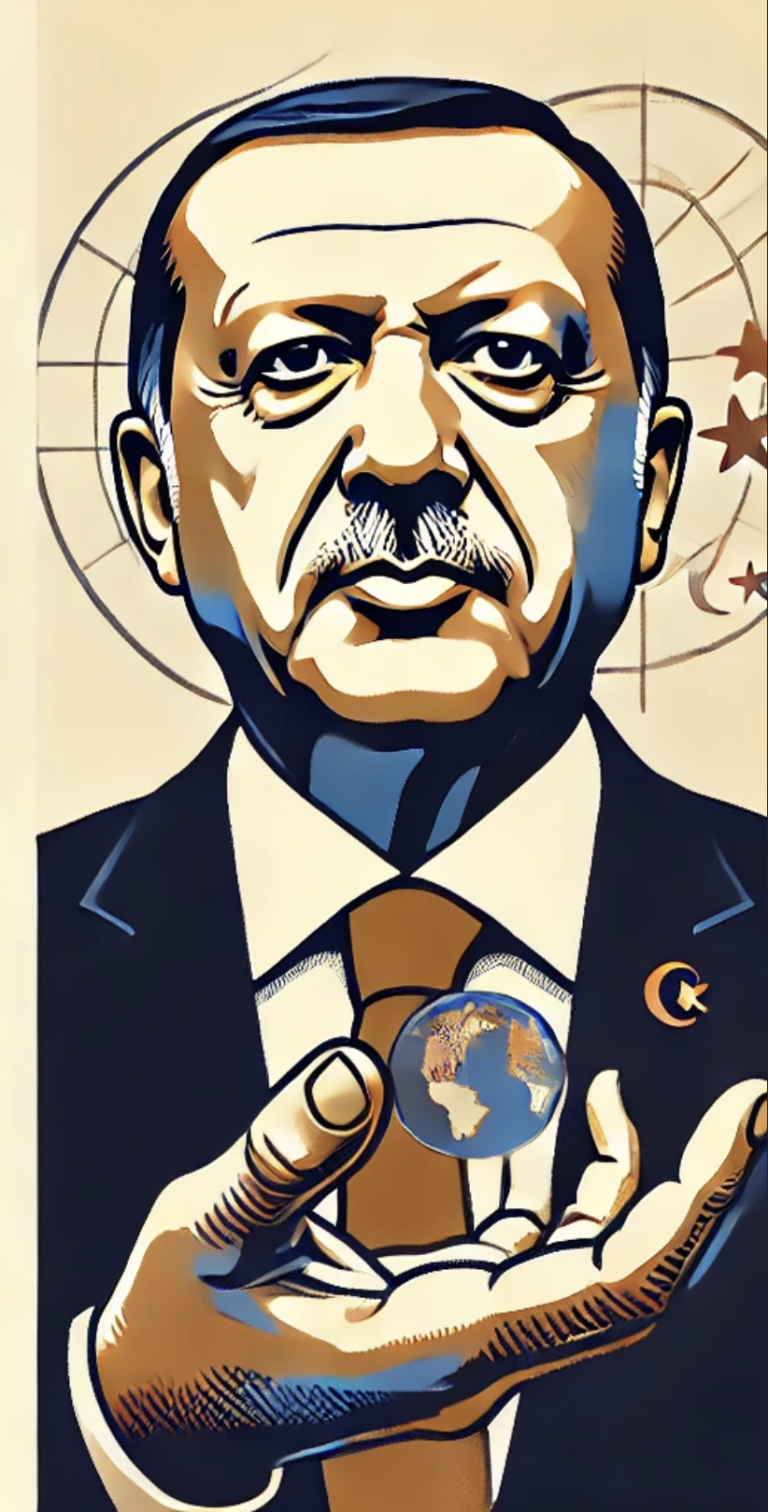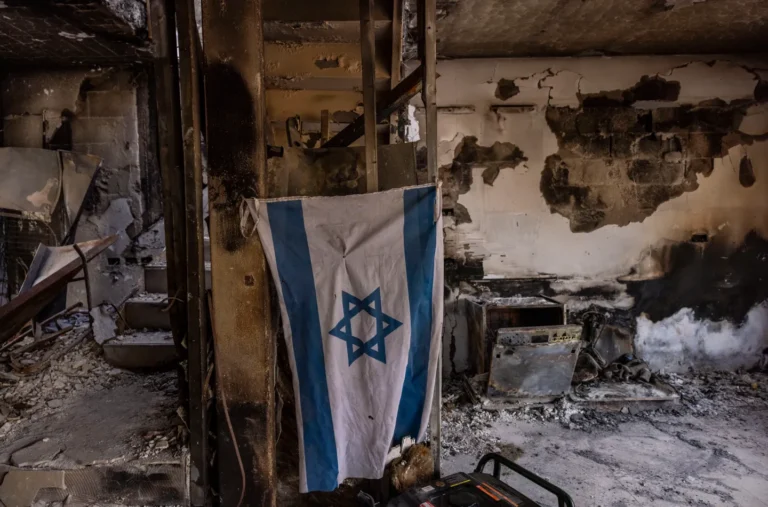by Andrea Tucci,
Syria’s dwindling Christian community fears another wave of persecution, from the group Hayat Tahrir Al Sham that took power in Syria now.
“What is happening is absolute chaos and the Christians, understandably,, are terrified of from Islamist groups”.
An activist that she prefer to remain anonymous said: All of us are worried about what will happen with the Christians or the Kurds …
Syria was once home to a large Christian population. Before the start of the civil war in 2011. Christians made up about 10 per cent .or slightly more than two million, of the country’s 23 million people. Today, the community has shrunk to an estimated 300.000, comprising members of the Syriac Orthodox Church, the Armenian Orthodox and Catholic Churches, the Assyrian Church of the East, and others.
Assyrians, a distinct ethnic group native to parts of modern-day Iraq, Iran, Turkey and Syria, sometimes referred to as Syriacs in the country, were among Christians attacked by ISIS and who now fear escalation.
Aleppo has a significant Christian population, as provincial north-eastern towns such as Qamishli and Hasakah, which are under the control of Rojava, the Kurdish-led Autonomous Administration of North and East Syria and the Syrian Democratic Forces (SDF), which includes self-styled Christian militias as well as the People’s Protection Units (YPG). The YPG mostly consists of Kurds but also includes Syriac Military Council and an Assyrian militia.
Many Christians that live in Aleppo, according to the SDF-affiliated Hawar News Agency said that Hayat Tahrir Al Sham confiscated some Christian property but also to members of religious and ethnic minority groups..
“All of us are worried about what will happen with the Christians or the Kurds … about women especially regarding the imposition of the hijab, said George” (He uses a pseudonym due to safety reasons) who lives near the Syriac Quarter and has long interacted with Aleppo’s Christian community.
“For now, nothing like this has happened, he said. Churches held their services, and a lot of Christians are still in Aleppo but we don’t know what will happen in the next few days…”
Christians in Aleppo are around 20.000 and who, rightly so, fear the arrival of people who adopt extremist Islamist thought, that could severely restrict their religious and social freedoms which affects their way of life.
The Syriac Orthodox Church led an evacuation effort using buses, for students in Aleppo attempting to flee back home to towns controlled by the Kurdish, such as Qamishli and Hasakah.
“The sectarian narrative in Syria has always been that the minorities have to stick to the lesser of two evils,” many family’s home in Aleppo left due to security concerns since the civil war broke out in 2011 and It should be considered that Aleppo is a distinct part of the Syrian Assyrian identity.
Nowadays The case of Rojava, the Kurdish-led Autonomous Administration of North and East Syria, has represented a unique experience of self-determination and resistance against oppression. This Kurdish lands of northern Syria it has evolved into a platform promoting gender equality, direct democracy, and coexistence among different ethnicities and religions. Syriac Christians, Assyrian Christians, Armenian Christians, Yazidis, Turkmen and Chechens, minorities whose rights are protected in law and who are guaranteed representation in all political processes.

Today, a decade after the historic resistance in Kobane that halted ISIS’s expansion, the actual Syrian earthquake could threatens the values of democracy, and coexistence among different ethnicities and religions that that Kurdish land of Rojava embodies.




